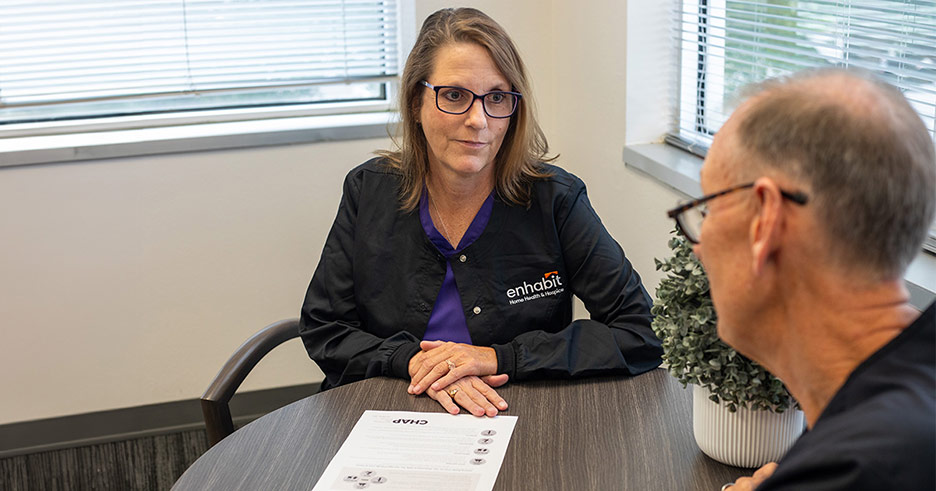The United States is currently experiencing the much-anticipated wave of aging baby boomers. The current growth rate of Medicare enrollees is significantly exceeding that of the general population.
Projections from the U.S. Census Bureau point to 2030 as a milestone year. Older adults are predicted to outnumber children for the first time in U.S. history as baby boomers age into Medicare.
So what is to come with baby boomers and health care?
The number of beneficiaries are expected to swell to over 80 million, meaning more people than ever before will rely on Medicare and the health care system. This, in turn, will drive a higher demand for long-term care and aging-in-place services.
In addition to the increase in beneficiaries, a transformative shift in the demographic of this population will occur in the 2030s. MedPAC data shows that this population will initially skew younger, but then grow rapidly older as the number and share of beneficiaries age 85 and older increases.
This population will also be less racially and ethnically diverse than previous generations. This is reflective of the U.S. population between 1946 and 1964 when baby boomers were born.
There is still a lot of uncertainty on how the health of the Medicare population will change. These factors may give some insight on what to expect.
Baby boomers and chronic conditions
Baby boomers have longer life expectancies and much lower rates of smoking compared to previous generations. However, obesity is more prevalent along with higher rates of other chronic diseases, such as hypertension, high cholesterol and diabetes.
Advancements in medical treatments have made many chronic conditions easier to manage. This accounts for the increased life expectancies, but also contribute to rising health care costs.
The growing number of chronic conditions means many older adults will face limitations with activities of daily living, such as bathing, eating, dressing and walking, creating a greater need for in-home care.
AARP reports show that a large portion of this population will be more educated, which is often associated with delayed onset of many chronic conditions. It is also related to different attitudes on treatment, prevention and healthy lifestyle choices.
These beneficiaries are likely to be more informed about available treatment options and Medicare services. This could potentially lead to more informed decision-making and effective use of health care resources.
With a higher-educated population also comes the need to make further advancements in digital health initiatives. Additionally, there is a need for smart technologies to increase quality of life while reducing health care costs.
As the culture of aging continues to evolve, health care providers should continue to find new ways to meet the needs of today’s older adults. Fewer seniors are choosing to live in nursing homes, instead opting for group settings or to age in place.
Creating structures to support this new viewpoint and changing demographics will allow the next generation of Medicare beneficiaries to safely age in place. Then, they can maintain a high quality of life.
The need for high-quality home-based care, such as home health and hospice services, will continue to rise and adapt to the new challenges health care and baby boomers will face.
Social Share
At Enhabit our patients are our number one priority. From providing the latest medical practices to building deep personal connections, we’re focused on upholding every patient’s dignity, humanity and sense of control on their health care journey.
Home health
Our home health services give patients access to the care they deserve in the comfort of their own homes. From disease and injury management to recovery from surgery, our clinicians help patients confidently achieve their healthcare goals.
Hospice care
Our hospice care services place importance on the comfort of every patient living with a terminal illness. Our caring professionals are dedicated to providing not just physical care, but spiritual and emotional support to every patient and their loved ones.

 Back to Resource library
Back to Resource library




